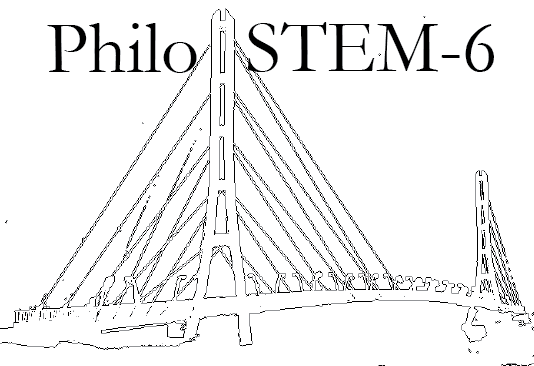Abstract:In the note to Explication 7 of the Dynamics in his Metaphysical Foundations of Natural Science, Kant claims that “original attraction, which makes matter itself possible,… [is] a penetrating force, and for this reason alone is always proportional to the quantity of matter” (4:516). In this paper, I am going to argue that, although plausible, this claim does not shut the door against a weaker alternative conception of original attraction, according to which its degree can vary in different types of matter (in other words, a quantity of water-matter, for example, could have a very weak force of attraction whereas, say, the same quantity of mercury-matter could have a very strong force of attraction).

